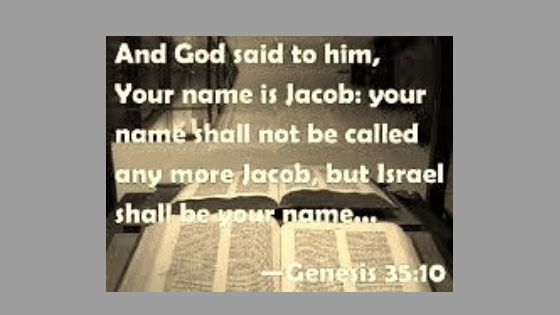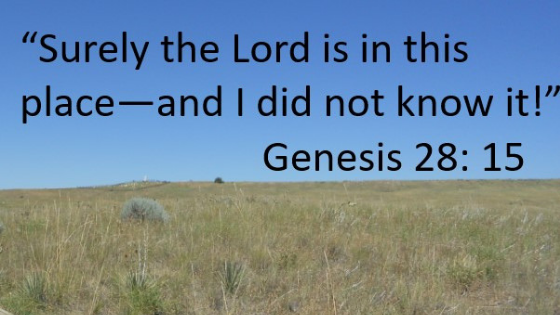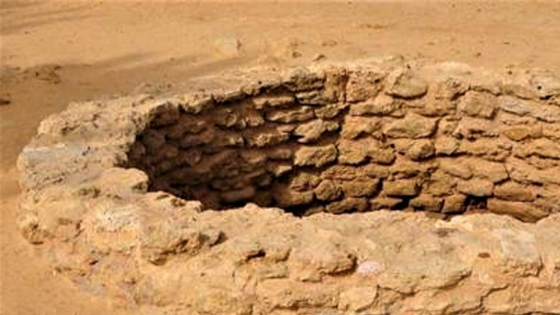
Shabbat Table Talk
Parashat B’Shallah – Erev Shabbat 26 January 2018
Week of 21-27 January 2018
Torah portion: Exodus 13:17-17:16 Haftarah: Judges 4:4-5:31
This parashat, along with an accompanying legend, presents us with two different attitudes towards the path on which we all walk—the path of yesterday, today and tomorrow. One attitude is shown by the Israelites, who are leaving Egypt and a life of slavery. The other is shown by Joseph, who arrived in Egypt as a slave and rose to a position of power thanks to his ability to predict the future by interpreting dreams. The Israelites complain to Moses: “Was it for want of graves in Egypt that you brought us to die in the wilderness? What have you done to us, taking us out of Egypt? …. it would have been better for us to serve Egypt than that we should die in the wilderness. (Ex 14:11-12) As we read in Leibowitz (245): “Egypt is an eternal refrain in their mouths…They yearned for Egypt as a babe for its mother’s breasts…. better to serve the Egyptians than to live in a strange clime…They looked to the future with trepidation. The future was epitomized in a four-letter Hebrew word: midbar (wilderness).” For years of servitude had made the Israelites at home with a life in which today is like yesterday and tomorrow will be like today. The thought of tomorrow being different from today, no matter whether that difference might be better or worse, is terrifying to them—the future is wilderness. And what they fear—death in the wilderness—is exactly what will come to them. (Num 26:63-65)
In contrast, Joseph, on his deathbed, looked to the future and said to his brothers: “God will surely take notice of you and bring you up from this land to the land that He promised on oath to Abraham, to Isaac and to Jacob. So Joseph made the sons of Israel swear, saying, “When God has taken notice of you, you shall carry up my bones from here.” (Gen 50:24-25) At the beginning of this week’s parashat we read: “And Moses took with him the bones of Joseph…” (Ex 13:19) The bones of Joseph are finally interred in land that his father Jacob had bought at Shechem. (Josh 24:32) Joseph did not dread the future as if it were a wilderness. Instead, with the eyes of faith, he saw it as the domain in which God will make good on the promise. To Joseph the past—when the promise was made, the present—in which he looks forward to the fulfillment of the promise, and the future—when his bones will be carried into the land that was promised, all make up a living whole.
Joseph trusted that the sons of Israel would remember what they had sworn to do. According to legend, while others were busy “gathering in the treasures of the Egyptians,” it was Moses who went to the royal mausoleum to retrieve Joseph’s bones. But so many had been interred there over the centuries that he had no idea where Joseph was. His mother, Jochebed, came to his rescue and “led him to the very spot.” Presumably the knowledge of Joseph’s burial place had been passed down the generations so that memory could make possible action in the future.) Moses then spoke to Joseph, telling him that the time of the fulfillment of the promise had come at last. The future had arrived; tomorrow had become today. At once “the coffin stirred and rose to the surface.” (Ginzberg, 346) The people fear the journey into the wilderness; the dead bones of Joseph are eager to start on their way.
Bibliography: Ginsburg, Legends of the Bible (Philadelphia, 1956); Leibowitz, New Studies in Shemot (Exodus) Part 1 (Jerusalem, 1976)
For Reflection and Discussion: 1: What has been your experience of clinging to the way things are and fearing the future? 2. What has been your experience of facing the future with a trust in God that overcame your fear? 3. Has a memory of the past ever helped you or prepared you for the future?
This week’s teaching commentary is by
Anne Morton, BA, MA, MA (Theology). Winnipeg, Canada; Bat Kol Alumna 2010
Email address: anmorton@mymts.net
[Copyright © 2018]
……………………………………………………………
PLEASE NOTE: The weekly Parashah commentaries represent the research and creative thought of their authors, and are meant to stimulate deeper thinking about the meaning of the Scriptures. While they draw upon the study methods and sources employed by the Bat Kol Institute, the views and conclusions expressed in these commentaries are solely those of their authors, and do not necessarily represent the views of Bat Kol. The commentaries, along with all materials published on the Bat Kol website, are copyrighted by the writers, and are made available for personal and group study, and local church purposes. Permission needed for other purposes. Questions, comments and feedback are always welcome.
……………………………………………………………
Bat Kol Institute for Jewish Studies, Jerusalem
~~1983–2018~~
“Christians Studying the Bible within its Jewish milieu, using Jewish Sources.”
Website: www.batkol.info; Parashat Admin: gill@batkol.info



